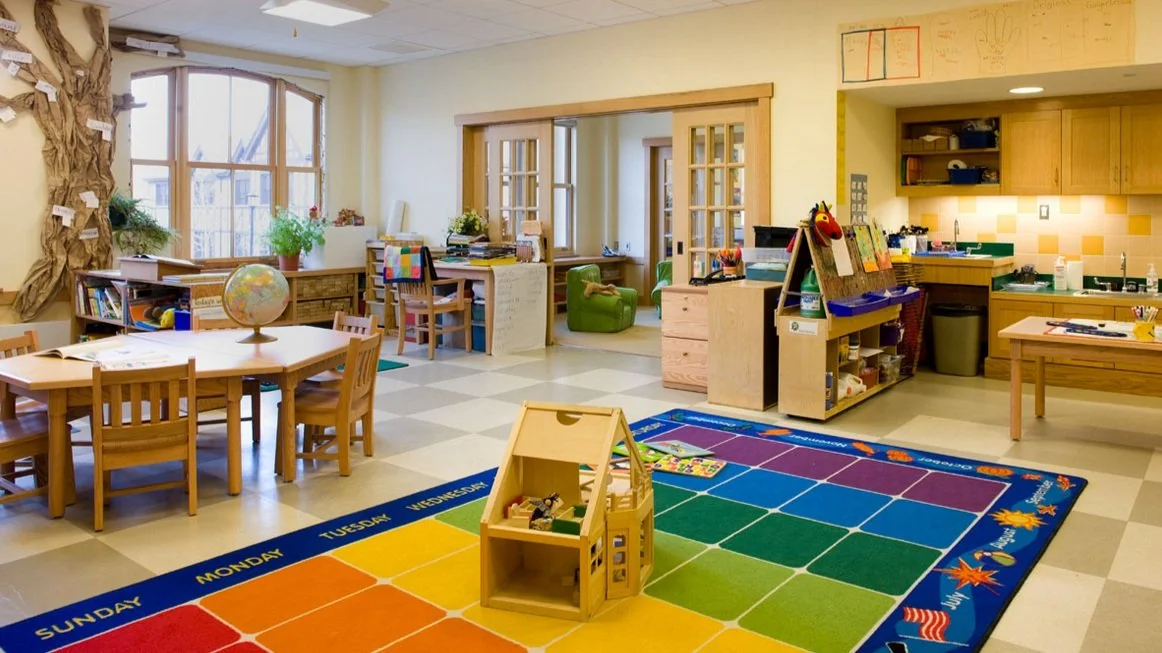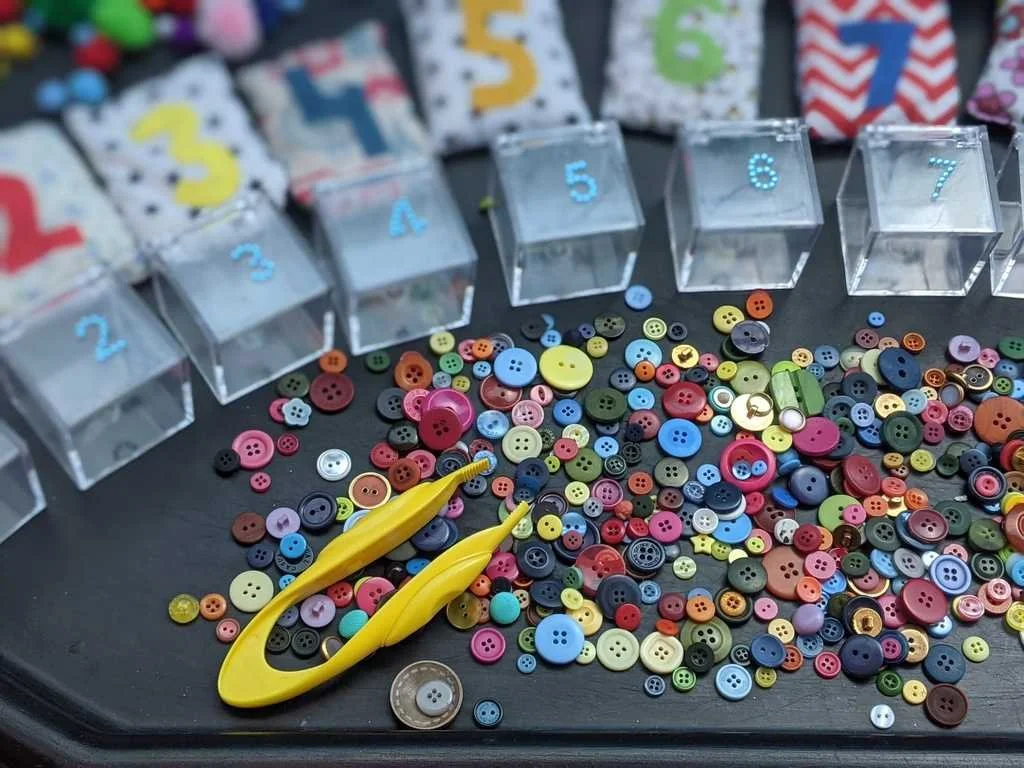An insider’s guide to the 4+ Assessments!
In the UK, independent schools are free to set the admissions requirements for entry to the school, and these vary a great deal depending on the entry point (4+, 7+, 11+, 16+ etc.), type of school and location in the country. Approx. 1 in 5 independent schools are selective, with this being higher in the London area.
Entrance requirements range from informal assessments to more formal exams and interviews, however, for the 4+ entry point (for children wishing to begin in Reception), these assessments are a little more consistent between the schools.
The burning question: what is in the test?
There is only so much you can ask or observe from a 3-year that is being assessed for entry to the following academic year. The schools are free to create their own set of criteria in which to rank the children, and they do vary slightly, but the core of what they are looking for are age related skills and milestones that should be being learnt at nursery, preschool and importantly, at home.
These are:
Name – can they write it, or at least recognise it?
Letters – have they picked up any letters or sounds yet? Nurseries tend to begin teaching letter sounds in the final year before the children start Reception and concentrate on single letters and their sounds. Generally, they don’t ask children to write the letters – apart from those in their name.
Numbers – has the child learnt to recognise any numbers (usually 1-10 but to 20 will be a bonus)? One would hope they have picked up numbers linked to their age, door number, or from their environment.
Counting – what can they count to? There are lots of songs and nursery rhymes that children sing at this age to help them to build up their understanding of counting and number recognition.
Colours – can they name simple colours?
Shapes – can they name simple 2D shapes?
Fine motor skills – are they able to hold a pencil, complete a puzzle, thread beads?
All of the above are things a typical 3yr old should have been exposed to and begun learning. The key is, how much has the child been able to retain or learn, as this is setting the scene for their learning potential as they go through the school? It is this that schools are looking for.
The final section of the 4+ assessments do vary more from school to school. Generally, in addition to the above, schools are looking for resilience, independence, social skills, interaction with peers and adults in the room, imagination and creativity and participation in the story being read. These are not as black and white as teaching facts such as colours or shape names or numbers etc. Schools will have their own way of scoring and weighting these sections compared to the rest of the test. The best advice here is to keep doing what you are doing! Encourage your child to talk, expand their vocabulary, arrange playdates with friends, visit museums and parks, and finally read to them as much as you can!
Summer born vs everyone else!
A question I am often asked is ‘My child is summer born, they wont know as much as the other children. How do you cater for that?’ Summer born children (especially those born in July or August) are indeed the youngest in the cohort being assessed, especially compared those children born in September or October – it can almost be 12 months difference, which is a third of their lives! All good schools are clear on this; they have different expectations for summer born children compared to those born the previous autumn. For example, I would expect an autumn child coming for assessment to be able to write their name, or make a good attempt at it at the least, and our expectations for a summer born child would be that they can recognise their name and perhaps write the initial letter (some summer born children can of course write their name when they come for assessment). The same can be said for all other sections of the 4+ assessment, with summer born children (usually) not knowing as many numbers or sounds and perhaps their drawing are not quite as detailed. The point is that there is a benchmark for each month of the year (usually banded into pairs of months or seasons). No school will have a different test for differently aged children. All children will do the same test, but the ‘pass mark’ will be different depending on when in the year they were born.
When I was assessing, I would always kept at the back of my mind ‘it’s not the child’s fault if they haven’t been exposed to something, e.g. the teen numbers or phonic digraphs. So, they shouldn’t be penalised for not having been taught it, nor does this tell us if he/she is academic. However, for me, if a child cannot name simple colours or shapes, or does not know the number three (they would have no doubt received lots of ‘3’ birthday cards for their birthday), then why is this? What is their current nursery like? Has the nursery started their phonics program? (They usually start around September of the year before the children start Reception). Have the parents been involved in helping to expose their child to all of the above – or is there a reason why they are not retaining these things? Of course, schools are looking for children that are going beyond the average for the birth month/season, and so children should be starting to build on their knowledge all the time.
To tutor or not to tutor?
As an assessor, I would always say to parents, you should not need to tutor your child for the 4+ assessments as it consists of everything a typical 3 yr old should be learning. We wouldn’t be asking a 3yr old to write anything more than their name as it wouldn’t have been taught at nursery unless they have been taught phonic sounds included digraphs and tricky words which would have been from home (or a tutor). All this will be taught as the child moves through Reception and Year 1. The attention span of a 3-year-old is about 10mins of focussed work, so when teaching young children of this age, a more practical approach needs to be adopted and by professionals familiar with EYFS. What may be more useful for parents is to take a snapshot of where their child is by completing a mock 4+ assessment and using the information gained from that on deciding what to work on with your child.
The final word
At the end of the day, a child has the potential to learn most of the skills and knowledge required for the test but how they perform on the day is in the lap of the gods. They could be ill, sleepy, frightened, worried, or just generally not in the mood to be taken by some strange adults into a strange room! I suggest looking through the checklist below as the assessment date approaches. It will all help to make your child feel as comfortable as possible and allow them to show off everything they have learnt so far.
Visit the school with your child so they become familiar with the ‘big school’. This is usually best on the school’s open day as you can roam around as much as you like. Ask if you can be shown the room they will be assessed in as this can help prepare the child with what to expect. Ask if you can know who will be carrying out the assessment as you could introduce yourselves to the teachers.
Ensure they are well rested and fed before the assessment. If they are unwell, I’m sure you could contact the school and ask if there are any alternative slots in a day or two. It is far better to do this before your child sits the assessment than after as it may look like you’re hedging your bets and asking for a second attempt.
If possible, let them take a toy or photo with them into the assessment room as this helps to break the ice when they meet the adults assessing and gives them something familiar to keep close by.
Finally, try not to keep child in the dark about what is happening as this can make them worried or anxious when the time comes to separate from you and go off with the assessors. Most schools will suggest you sell it as a ‘playdate’ and I see no harm in this. Explain that they are going to the ‘big school’ to show the adults everything that that have been learning at nursery or preschool while the parents look around the school. Avoid the words test or assessment as this may but unnecessary pressure on them.
Remember to take time yourself to remain calm and at ease! If your child senses that you are stressed or anxious, this will rub off on them.
We are always at hand if you have any questions about the 4+ assessment process, we are very experienced with the logistics of assessment week and chances are, whatever you are worried about, or whatever question you may have – we have probably dealt with it before.
Contact us on info@beyond-tutoring.co.uk if you would like some advice or to talk about booking a mock 4+ assessment.



